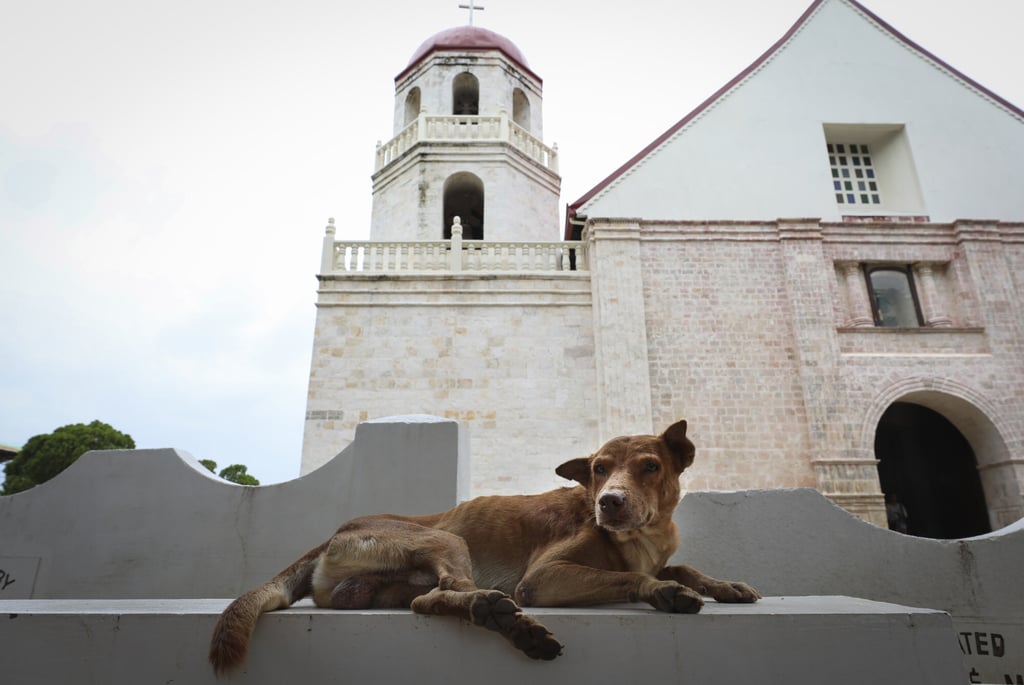Animal abuse in Hong Kong: street dogs most likely to be victims, and suspects often avoid prosecution, finds study ordered to help update city’s outdated laws
- Street dogs, also known as free-breeding dogs, village dogs or tong gau in Hong Kong, are smart, loyal and resilient, but are the hardest type of dog to home
- A recent study calls for better laws in Hong Kong, including a duty of care for animals, shelter licensing legislation, and prohibitions on ‘mercy release’

Sally Andersen struggles to be heard above a chorus of barking canines at the Hong Kong Dog Rescue (HKDR) homing centre in Ap Lei Chau, in Hong Kong Island’s south.
The HKDR founder is explaining the unique traits of Hong Kong village dogs, a breed that goes by several names including tong gau (literally “Chinese dogs”), street dogs and free-breeding dogs. They are mostly found roaming rubbish dumps, construction sites and rural villages.
Recognisable by their distinctive features – pointy noses, pricked ears and curled tails – village dogs have short coats that are usually black or tan in colour. They are also smart, loyal – and resilient.
“Village dogs are strong and muscular, with heavy shoulders,” Andersen says. “They tend to have fewer health issues than purebreds that have problems caused by inbreeding.”

Of the estimated 1 billion dogs on earth, about three-quarters – or around 750 million – are free-roaming, according to the 2016 book What is a Dog? by Raymond and Lorna Coppinger.
After analysing five decades of research, the Coppingers argue that these feral dogs, found from Asia to Africa to the Americas, are strikingly similar. They conclude that they are truly archetypal dogs, nearly uniform in size and shape and incredibly self-sufficient.
